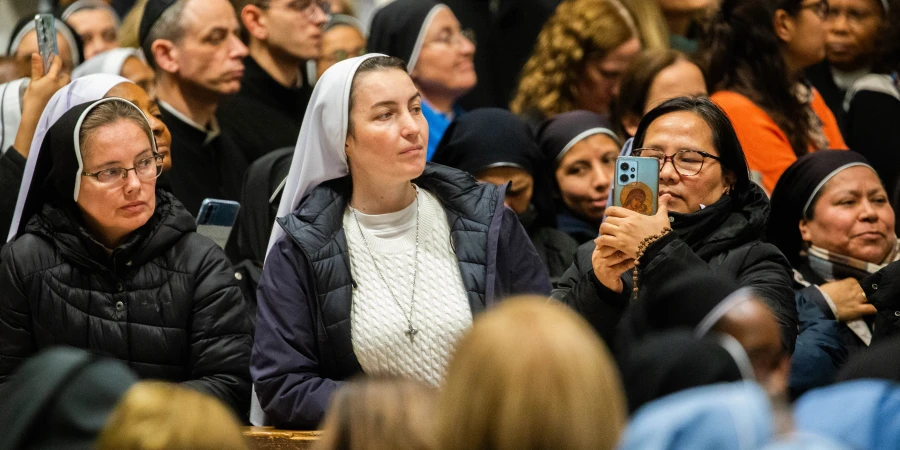Breaking: Pope Francis Reveals How Consecrated Life Illuminates Society's Darkness

A Celebration of Dedication: World Day for Consecrated Life Shines Brightly in Jubilee Year
As February 2nd approaches, the Church prepares to honor a remarkable group of spiritual servants during the World Day for Consecrated Life. This year's observance carries an extra layer of significance, as it unfolds against the backdrop of a momentous Jubilee of Consecrated Life.
The annual celebration is more than just a date on the calendar—it's a profound tribute to those who have dedicated their lives to serving God and their communities through religious vocations. Priests, nuns, brothers, and consecrated individuals will be recognized for their unwavering commitment, selfless devotion, and transformative spiritual journeys.
With the upcoming Jubilee casting a special glow on this year's commemoration, the Church invites faithful around the world to reflect on the extraordinary witness of consecrated life and its enduring impact on spiritual and social landscapes.

